Serbia dissolves the parliament and announces early elections. What is happening and why?
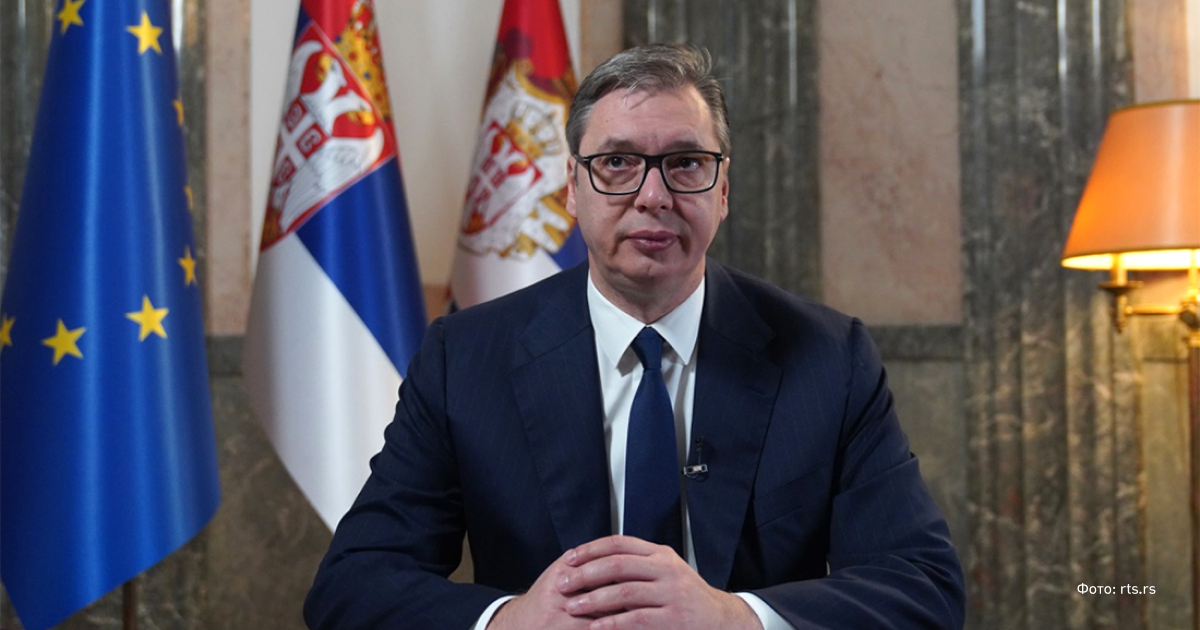
What happened?
On November 1, Serbian President Aleksandar Vučić dissolved the National Assembly and announced early parliamentary and local elections.
The Serbian state broadcaster RTS reports.
This happened after the government sent a proposal to Vučić to hold early elections. It states that there have been requests for elections from the public.
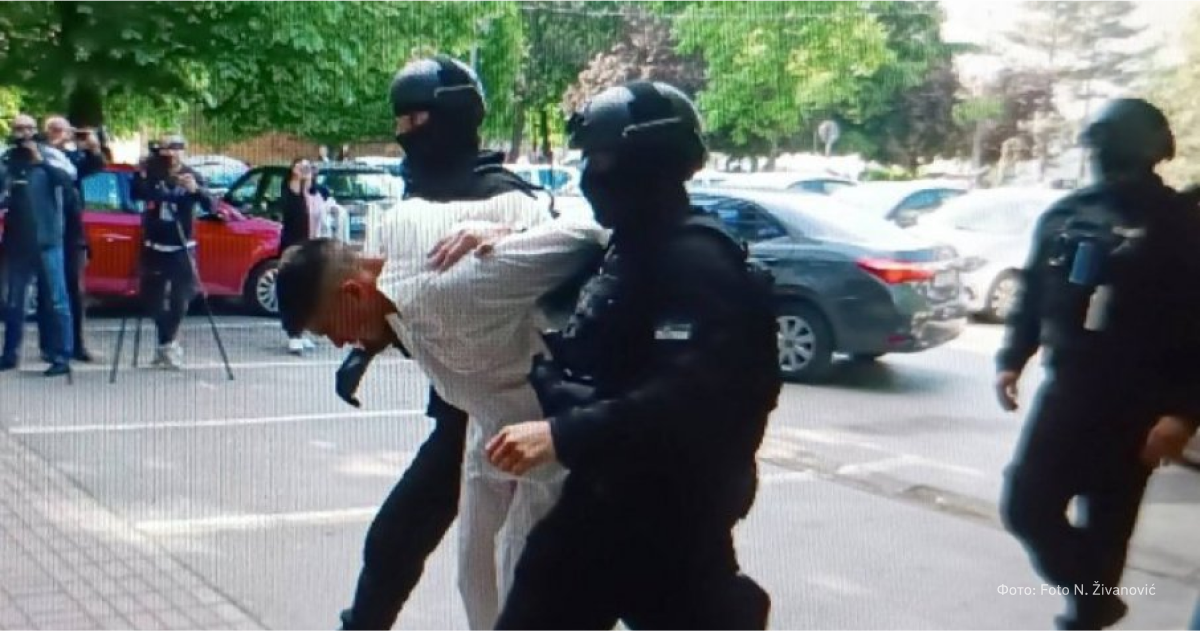
The elections have been scheduled for December 17, 2023. The local elections will be held in 60 municipalities, including the capital city of Belgrade.
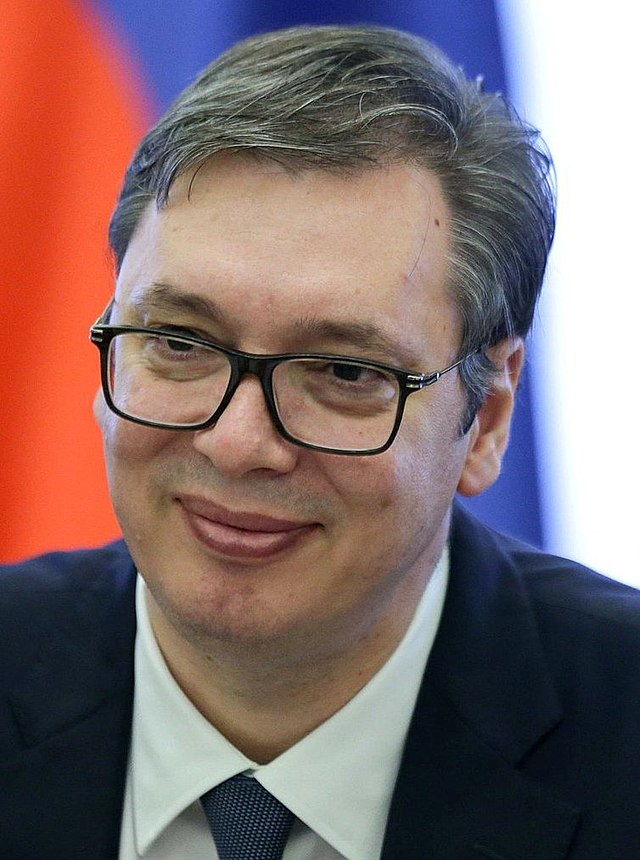
The campaign is an opportunity to present in a civilized manner different ideas, programs, policies that should compete, but which will never threaten our vital state, people's and national interests
the President said.
What preceded it?
In May 2023, two mass shootings took place in the country.
A 7th-grade pupil opened fire in a school in Belgrade. Eight children and a security guard were killed. The next day, a man shot people en masse from a car in several settlements near Belgrade. Then at least eight people were killed, and 13 others were injured. Both shooters are in custody.
The Serbian government responded to the shooting by announcing a so-called "gun amnesty" for 30 days. Anyone could surrender illegal weapons without fear of prosecution by law enforcement. In the first two days, the Serbs surrendered more than three thousand weapons.
At the same time, mass anti-government protests broke out in the country. On May 20, for the third time in a month, tens of thousands of people demonstrated in the capital to protest the government's handling of the crisis.
The demonstrations have not stopped since then. Among the organisers of the demonstrations are the opposition Party of Freedom and Justice of former Belgrade Mayor Dragan Đilas, the People's Movement of Serbia led by Miroslav Aleksić, and the Green–Left Front.
In May, Prime Minister Ana Brnabić rejected the government's responsibility for the shooting and accused the opposition of inciting violence in society and threatening President Aleksandar Vučić.
"You are the core of the spiral of violence in this society... You are spewing hatred," Brnabić said to the opposition.
This did not stop the protesters. Among other things, the demonstrators demanded the dismissal of all members of the media regulator and the closure of media outlets, including the pro-government channels TV Pink and Happy.
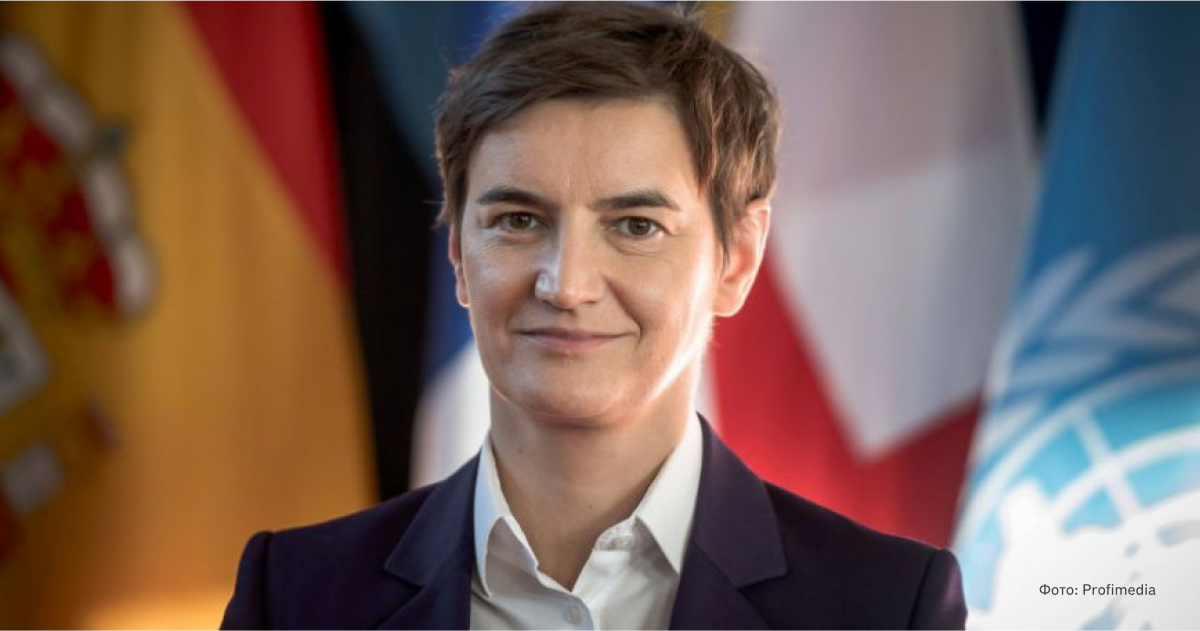
Amid the protests, Vučić stepped down as chairman of the Serbian Progressive Party.
Who is running in the parliamentary elections?
Vučić's ruling conservative and nationalist Serbian Progressive Party and the Socialist Party of Serbia, which is in a coalition government with the SPP, have already submitted their lists for the December parliamentary elections. "The Socialist Party is the oldest communist party in the former Yugoslavia.
The opposition centre-left Serb Democratic Party and the Serbian Social Democratic Party, which are both in opposition to the government, have also registered for the elections.
In addition, the Party of Freedom and Justice, the People's Movement of Serbia led by Miroslav Aleksić, the Green-Left Front, and the Srce movement led by Zdravko Ponoš, who lost to Vučić in the 2022 presidential election, have joined the coalition called Serbia Against Violence.
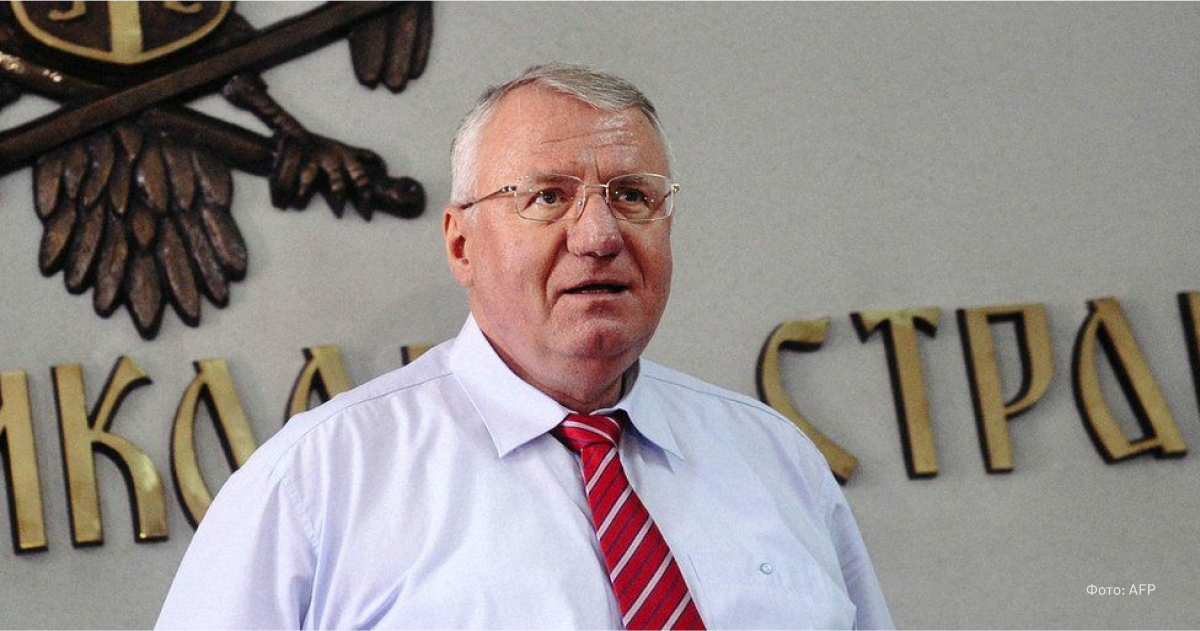
At the same time, Vojislav Šešelj, who leads the Serbian Radical Party, announced a coalition with the Serbian Progressive Party in the local elections.
Vojislav Šešelj is a Serbian pro-Russian politician. Until 2003, together with Vučić, were members of the Serbian Radical Party until Šešelj was accused of war crimes.
In 2003, the Hague Tribunal charged him with the deportation of tens of thousands of non-Serbs and the murder of at least 905 Bosnians and Croats and demanded 28 years in prison.
In 2016, the court acquitted him. Later, an appellate court convicted him, but only for the forced deportation of Croats from the village of Hrtkovci.
In 2022, Šešelj said that Serbia should recognise the independence of the so-called "DPR", "LPR", South Ossetia and Abkhazia, the Russian propaganda outlet TASS reported.
"We will try to get the country to recognise all the newly created republics on the territory of the now former Ukraine," the head of the Serbian Radical Party said at the time.
What is the parties' policy towards Ukraine and Russia?
Aleksandar Vučić and the Serbian government are implementing a policy of so-called balancing between Russia and the West, including towards Ukraine.
The Serbian president does not break relations with Russia. For example, in September 2023, Vučić met with Russian Ambassador Alexander Botsan-Kharchenko to discuss the consequences of the September 24 confrontation in a Serbian Orthodox monastery.
A clash broke out between ethnic Serb militants storming a village in northern Kosovo and Kosovo police. As a result, one police officer was killed, and another was injured.
In addition, the Serbian government has not yet joined the EU sanctions regime against Russia.
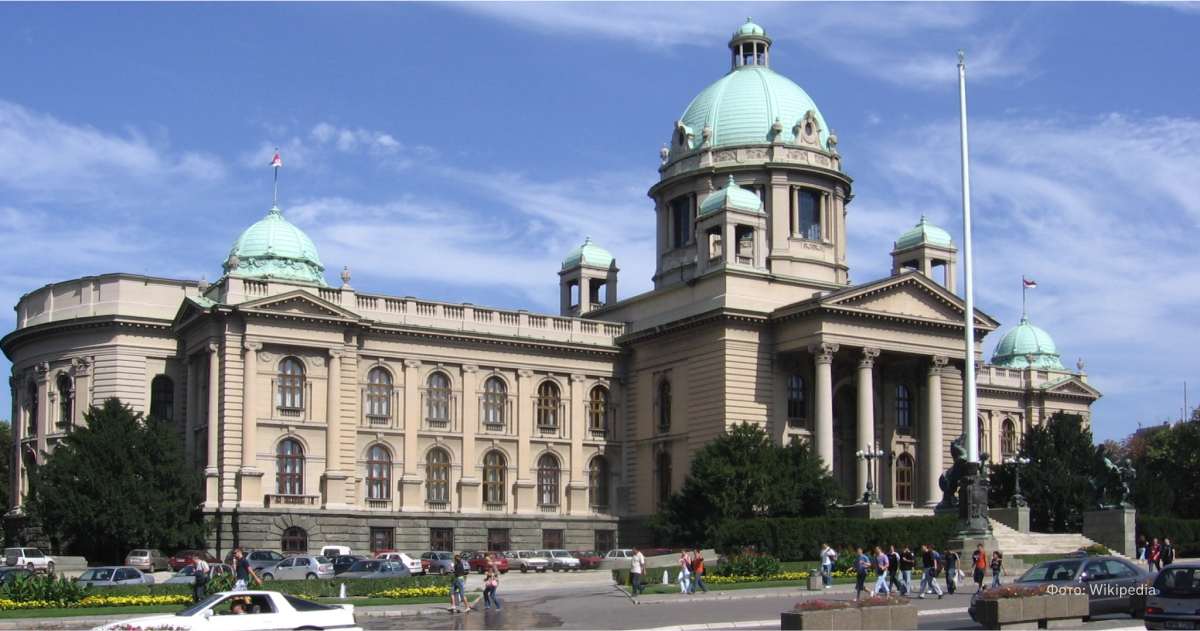
"We have not joined the sanctions, and this position has not changed," said Serbian Foreign Minister Ivica Dačić in March 2023.
In particular, the Freedom and Justice Party did not support sanctions against Russia. However, after the 2022 general elections, it changed its position. In October 2022, party president Dragan Đilas said that political neutrality on this issue would be seen as "switching to the other [Russian] side".
The head of the Srce movement, Zdravko Ponoš, said that Serbia should agree on part of the sanctions against Russia. He stressed the need for Serbia to decide whether relations with Russia are important to it. At the same time, he believes that it is not necessary to agree with Zelenskyy's policy of waging war "to the last."
"It's time to come to our senses and try to synchronise our foreign policy with the world we belong to, of course, taking into account our specific interests, and this world will have some understanding," Ponoš said in July 2022.
At the same time, Serbia has repeatedly expressed its support for Ukraine. In July 2023, the country sent another package of humanitarian aid to Ukraine to overcome the "humanitarian catastrophe in the Kherson region" after the Russians exploded the Kakhovka HPP. In addition, the Serbian government announced that it would provide temporary protection to Ukrainians affected by the disaster.
In August 2023, Vučić also met with the President of Ukraine on the sidelines of the Ukraine-Balkans summit in Greece.
"Serbia respects the territorial integrity of Ukraine, which we have been saying clearly and unambiguously since the beginning of the conflict," Vučić wrote on his social media after the meeting.
What are the preliminary statistics?
According to the Stata Agency survey, 44% of the 1,580 respondents would vote for the ruling coalition, and 38% would vote for the union of parties organising the protests, called Serbia Against Violence.
36.3% of respondents would support Vučić's Serbian Progressive Party. 9.8% — the Party of Freedom and Justice. The third place in the poll was taken by the Socialist Party of Serbia with 7.3% of the vote. It is followed by the People's Movement of Serbia, SRCE and the Green Left Front.
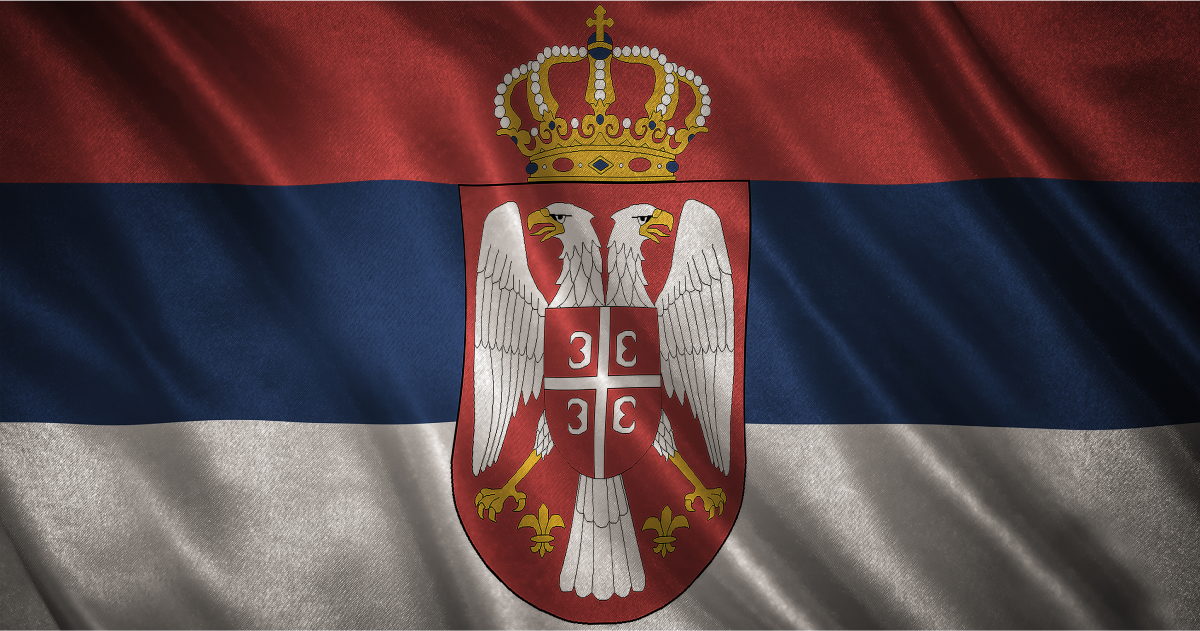
What are the consequences of the election?
Due to the wave of protests that has not stopped for six months, by calling another early election, Vučić can at least hope to buy time and convince the electorate to vote for the SRP. However, it becomes more difficult to keep the balance as Vucić tries to do.
The parliamentary elections will determine the future of Serbia in the near future — with the Serbian Progressive Party in coalition with the Radical Party, known for its nationalist and conservative views, or with the opposition, which, together with Serbia Against Violence, is calling for change.


